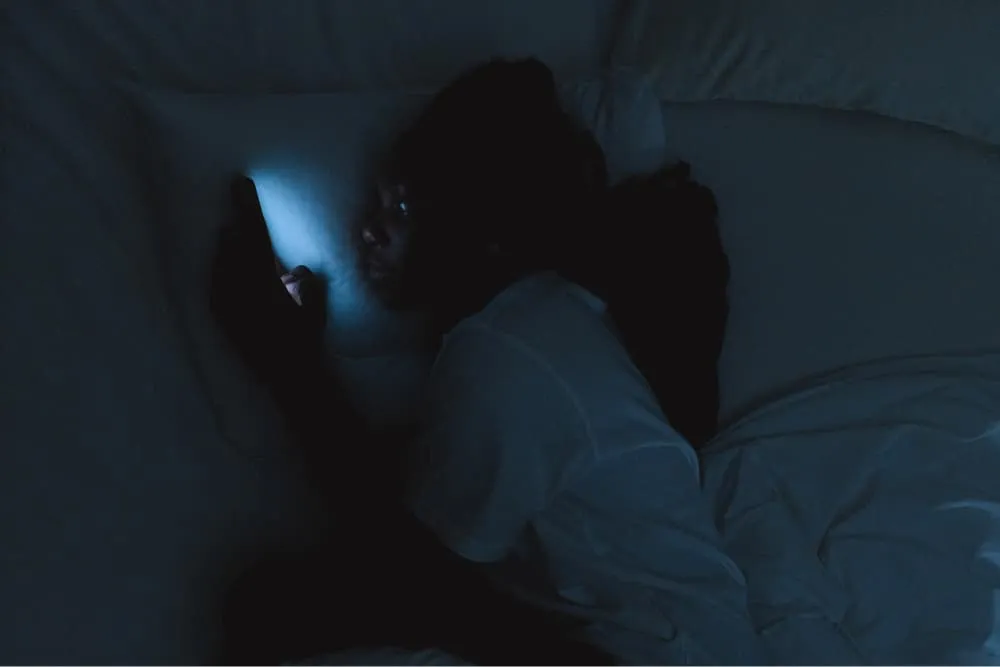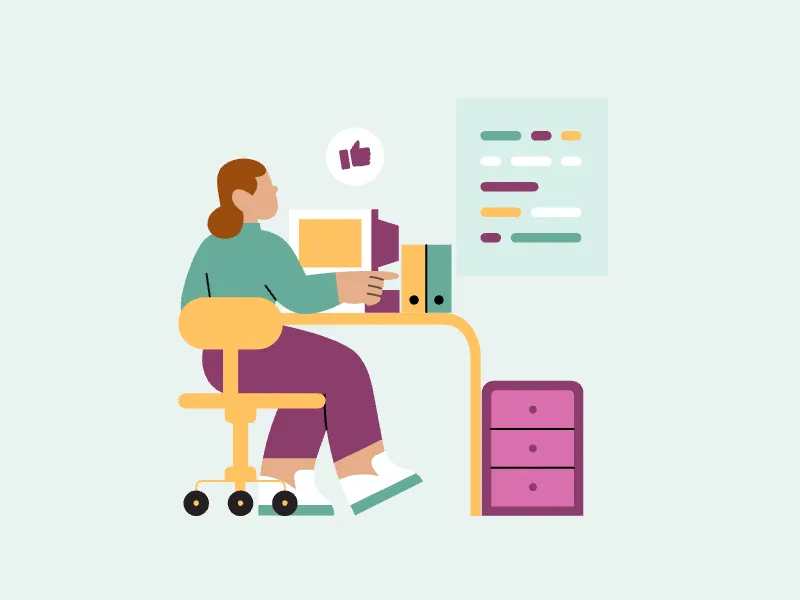How do PHP eating disorder programs work?
PHP for eating disorders is a highly-structured day treatment program. While patients live and sleep at home throughout this process, they still receive extensive care, which can last up to 6 days per week, up to 10 hours per day.1
During these sessions, patients meet with various members of their treatment team. This can include their primary care physician, therapist, psychiatrist, dietician or nutritional counselor, and other medical professionals involved in a typical treatment team. In many cases, patients stepping down from a residential treatment program will be able to keep working with their same treatment team throughout the PHP experience.
In general, PHP eating disorder programs are reserved for people who still need a lot of professional interventions and support in their recovery. While most eating disorder patients have, by this point, started making progress toward healing, many still prefer or need safe spaces and ample time to work on underlying issues or improve upon new skills and coping mechanisms.
While usually considered "voluntary," PHP eating disorder treatment does sometimes come with a few stipulations. Patients generally need to be referred to a program by a healthcare provider or physician. And sometimes, participants are asked to commit to certain requirements, such as attending a certain number of sessions over a certain period of time.4
{{link-bank-two-column}}
How are eating disorders treated with PHP?
Like all other phases of eating disorder treatment, partial hospitalization eating disorder programs are tailored specifically to the patient in need. Depending on someone's medical history and background, the severity of their symptoms, and other factors, a patient may undergo:
Schedules may be similar to those practiced in residential treatment, including routine visits to various therapy sessions, meal support, and medical check-ins. Though, doctors will continue to monitor a patient's progress throughout a program and, together with the patient, tailor a schedule that adapts to a patient's progress accordingly as time goes on.
Partial hospitalization programs can also offer patients services such as:5
- Comprehensive diagnostic assessment, including a review of all current physical and mental health concerns
- Coordination of medical services, to help them comprehensive care from various providers
- Medication management
- Discharge planning, to help a patient continue one with appropriate care once they leave their PHP
Effectiveness of PHP eating disorder treatment
In general eating disorder PHP programs are considered effective.
One study on the subject showed up to 49% of patients met the criteria for a full or partial recovery by the end of their program, with 37% meeting those standards at a year-long follow-up interview.2
Another examination, comparing residential programs to partial hospitalization programs, found PHPs were effective at helping patients maintain symptoms of remission. (3) And yet another study concluded that day programs for eating disorders, including partial hospitalization programs, were an effective way to help children and adolescents with these conditions restore body weight, reduce unhealthy eating patterns, and address many connected mental health concerns.6
Still, these studies primarily considered patients struggling with anorexia nervosa (AN), and bulimia nervosa (BN). This fails to take into account binge eating disorder (BED) and other eating disorders which, together, make up a majority of eating disorder cases.
PHP eating disorder treatment has a number of benefits not offered by other levels of care.
The programs generally come in at a lower cost than residential programs. (1) This can also make them more attractive to health insurance companies, when it comes to coverage options.
And the hybrid structure of the programs offers patients more flexibility, and allows them to stay and sleep at home, which some people may find more comforting.
While the nature of eating disorder PHP programs make them more flexible than more intensive types of care, they do not offer 24-hour access to medical staff and monitoring. This may present issues to patients whose symptoms are still very severe or not fully under their control, or those who come from unsafe or unstable home environments.
And while less expensive than a live-in program, partial hospitalization can also be expensive for patients, especially without insurance coverage. Issues with payment can sometimes lead to the discontinuation of the program before the end goal is achieved.
The commute to a partial hospitalization program can also be problematic for some people. Although, technology is increasingly allowing for these programs to be practiced online, which can help ease the access to care for many people.
Eating disorder PHP programs at Within Health
If you're asking yourself whether there's PHP eating disorder treatment near me, the answer can be yes, regardless where you live. Within Health strives to offer comprehensive eating disorder treatment, including PHP programs, for patients of all kinds, through our unique remote program.
Our team believes there is a gap in the traditional PHP and intensive outpatient programs (IOP) that needs to be filled. Through our remote model, we can connect you with clinicians and nutritionists for up to twelve hours of care daily—and you can receive it all online.
Call our team today to learn more about the treatment programs available at Within Health, or to hear about how to get started.
Call today >
Call our team today to learn more about the treatment programs available at Within Health, or to hear about how to get started.
Call today > 





















































